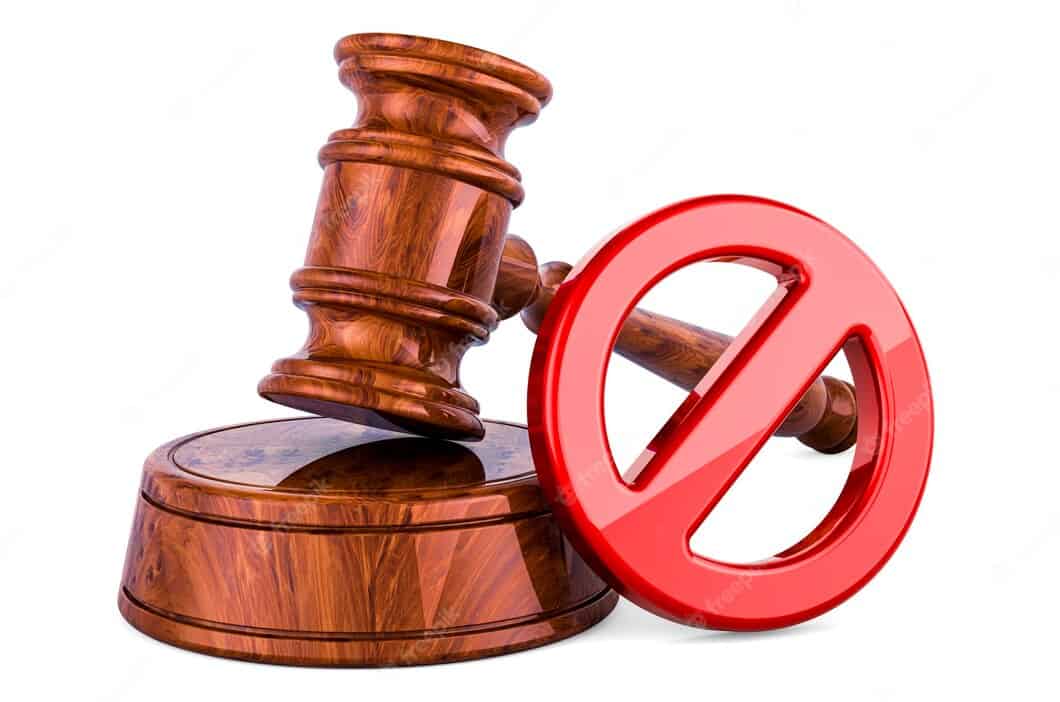Post prohibition of competition and transfer of the business to the life partner
A franchisee is a company. The franchisee and the private individual are both bound by a post-competition clause. Is this prohibition violated if the private person transfers the company to his life partner, who was also previously the manager? The District Court of Amsterdam, 13 July 2023, ECLI:NL:RBAMS:2022:8632, ruled not. After all, it depends on what exactly is prohibited.
The franchise agreement has been concluded with a company called Mukano. The franchise agreement includes a post-competition prohibition, which see top Mukano as well as the director and sole shareholder. This clause reads as follows:
“Franchisee and Private Franchisee shall not, directly or indirectly, sell goods and services at the Location, directly or indirectly, for one year after the termination of this Franchise Agreement, which may compete with the goods and services that are the subject of this Franchise Agreement”
Around the termination date of the franchise agreement, Mukano transferred virtually all of its assets (including personnel, inventory, equipment and supplies) to another company. The (former) manager of Mukano, and also the life partner of the sole shareholder and director of Mukano, is the sole shareholder and director.
Although the court agrees with the franchisor that the foregoing circumstances raise the necessary questions, these circumstances cannot lead to the judgment that Mukano has violated the non-compete clause. The decisive factor for this is that, according to its letter, the clause relates to the direct or indirect sale by Mukano of comparable goods and services in the branches. There is no evidence of this direct or indirect sale by Mukano. The fact that Mukano has sold its assets does not mean that it is or has been indirectly involved in the sale of competing goods and services by this third party. There is therefore no question of a violation of the postal prohibition of competition.
Incidentally, Mukano did have payment arrears with the franchisor. Mukano defended itself in particular with the argument that further agreements had been made that were partly aimed at increasing Mukano’s profitability and that this was disappointing in practice. According to the court, this in itself is not a reason to conclude that the franchisor failed to fulfill its (support) obligations. After all, as the franchisor rightly argued, the parties have not agreed on any profits to be made and the franchisor has (only) focused on more intensive support for a higher profitability of the franchise for Mukano. Mukano must therefore pay the arrears.
This judgment once again shows the importance of the description of a postal non-competition prohibition. The description of the expected (support) obligations of the franchisor is also important.
Ludwig & Van Dam lawyers, franchise legal advice.
Do you want to respond? Then email to dolphijn@ludwigvandam.nl

Other messages
Legal Franchise Statistics 2019: slight decrease in number of franchise disputes
In 2018, 44 judgments were published on Rechtspraak.nl, 12 of which were appeal cases and one in cassation (a prognosis issue against Albert Heijn).
Article De Nationale Franchisegids: “Judge again rules in favor of Domino’s franchisees” – dated September 3, 2019 – mr. RCWL Albers
At the beginning of 2018, almost all franchisees of Domino's and the Association of Domino's Pizza Franchisees submitted two issues to the court in Rotterdam.
Article De Nationale Franchisegids: “The interim termination of the franchise agreement” – August 12, 2019 – mr. JAJ Devilee
A franchise agreement can end prematurely in many ways.
Article De Nationale Franchise Gids: “Parliamentary questions asked about (false) self-employment franchisees” – dated 24 July 2019 – mr. M. Munnik
Parliamentary questions have recently been asked about the so-called bogus self-employment within the relationship between franchisor and franchisee.
Article Franchise+: “With our franchise formula you will earn mountains of gold.” dated 10 July 2019 – mr. AW Dolphin
The distinction between permissible promotions and misleading information remains a gray area, despite the relevant legislation.
Franchisee may purchase a range of foreign products after mandatory formula change – June 6, 2019 – mr. JAJ Devilee
The District Court of East Brabant recently dealt with an important matter in preliminary relief proceedings in which a franchisee was completely involuntarily forced to adopt an alternative formula.







